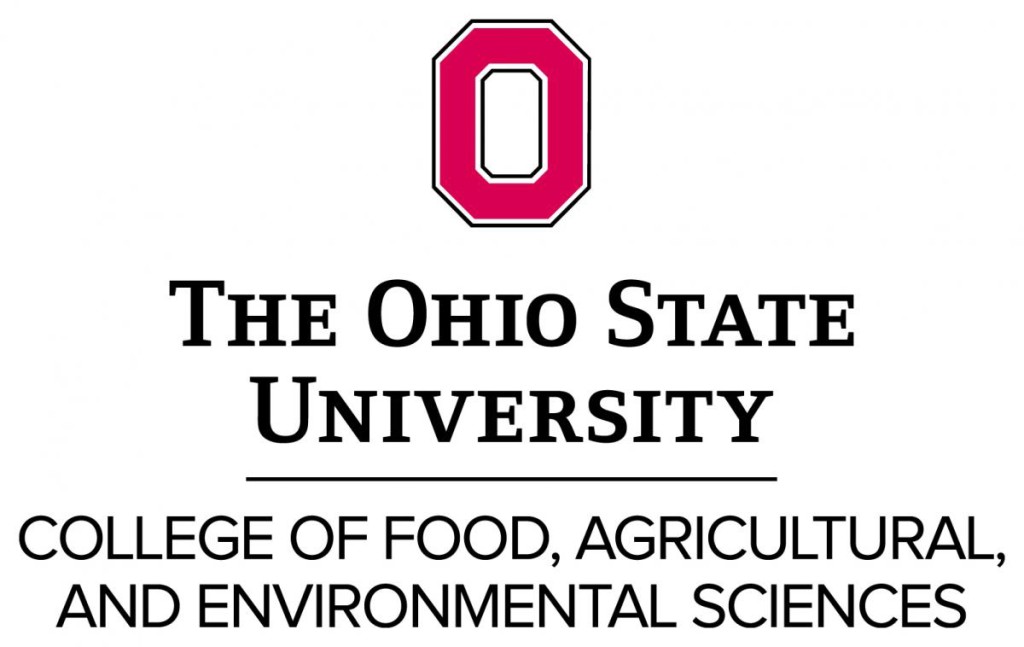By: Peggy Kirk Hall, Monday, August 13th, 2018
All is quiet at the statehouse as the Ohio legislature continues on its summer recess, but here’s our gathering of other agricultural law news you may want to know:
Does Roundup cause cancer? A jury in California has determined that it’s possible. The jury awarded $289 million last Friday against Monsanto in the first of thousands of cases alleging that Monsanto should have warned users about Roundup’s cancer risk. The plaintiff argued that Monsanto has known for decades that the Roundup product could cause cancer but failed to warn consumers, while Monsanto claimed that more than 800 studies and reviews conclude that glyphosate itself does not cause cancer. Monsanto plans to appeal the award.
Pursuing a Bill of Rights for Lake Erie. The Toledoans for Safe Water submitted over 10,500 signatures last week on a petition proposing to amend the city’s charter to establish a bill of rights for Lake Erie. The proposed bill of rights would state that Lake Erie and its watershed possesses a right to exist, flourish and naturally evolve; that the people of Toledo have a right to a clean and healthy Lake Erie, a collective and individual right to self-government in their local community and a right to a system of government that protects their rights; and that any corporation or government that violates the rights of Lake Erie could be prosecuted by the city and held legally liable for fines and all harm caused. The effort is backed by the Community Environmental Legal Defense Fund. If successful, the initiative would appear on the November ballot for Toledo residents.
EPA ordered to ban the sale of chlorpyrifos. The U.S. Ninth Circuit Court of Appeals late last week ordered the U.S. EPA within 60 days to cancel all registrations for chlorpyrifos, a pesticide first introduced by Dow and commonly used on crops and animals. The court held that there was no justification for a decision by previous EPA Administrator Scott Pruitt refusing to grant a petition to ban chlorpyrifos in the face of scientific evidence that the pesticide can cause neurodevelopmental damage in children. The court also discarded the agency’s argument that it could refuse to ban chlorpyrifos so based on a possible contradiction of evidence in the future. Both actions, said the court, placed the agency in direct violation of the Federal Food, Drug, and Cosmetic Act and the Federal Insecticide, Fungicide and Rodenticide Act. The highest uses of chlorpyrifos are on cotton and corn crops and almond and fruit trees.
Highest award in Smithfield nuisance litigation raises responses. The third and largest jury award in a series of nuisance lawsuits in North Carolina yielded a $473.5 million award for plaintiffs claiming harm from hog farms owned by Smithfield. The verdict will reduce to $94 million due to a state law that caps punitive damages. Agricultural interests are claiming that the lawsuits circumvent state right to farm laws and are seeking state legislative responses. Opponents are also hoping to reverse a gag order issued by the court to impose communication restrictions on potential witnesses, parties and lawyers in the cases. The federal judge in the case, Hon. Earl Britt from the Eastern District of North Carolina, is stepping down due to health issues. Hon. David Faber of the Southern District of West Virginia will replace Judge Britt and will soon hear a fourth trial that targets a 7,100 head hog farm in Sampson County, North Carolina.
It’s official: no reporting of air emissions from animal waste. The U.S. EPA has posted a final rule clarifying that air emissions from animal waste at farms are exempt from federal regulations that require the reporting of air releases from hazardous wastes. The rule implements an order by the U.S. Court of Appeals for the District of Columbia and revisions in the Fair Agricultural Reporting Method Act enacted by Congress earlier this year. We reported on the court case and legislation earlier this year.
